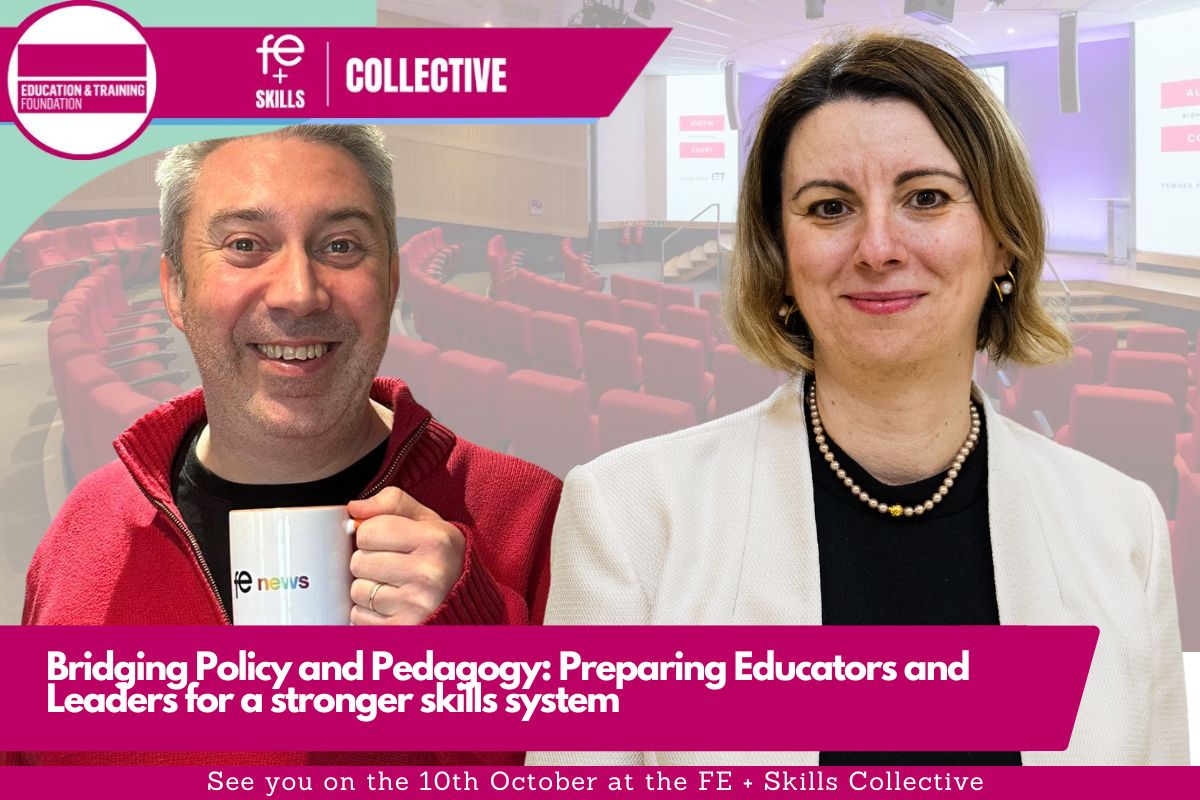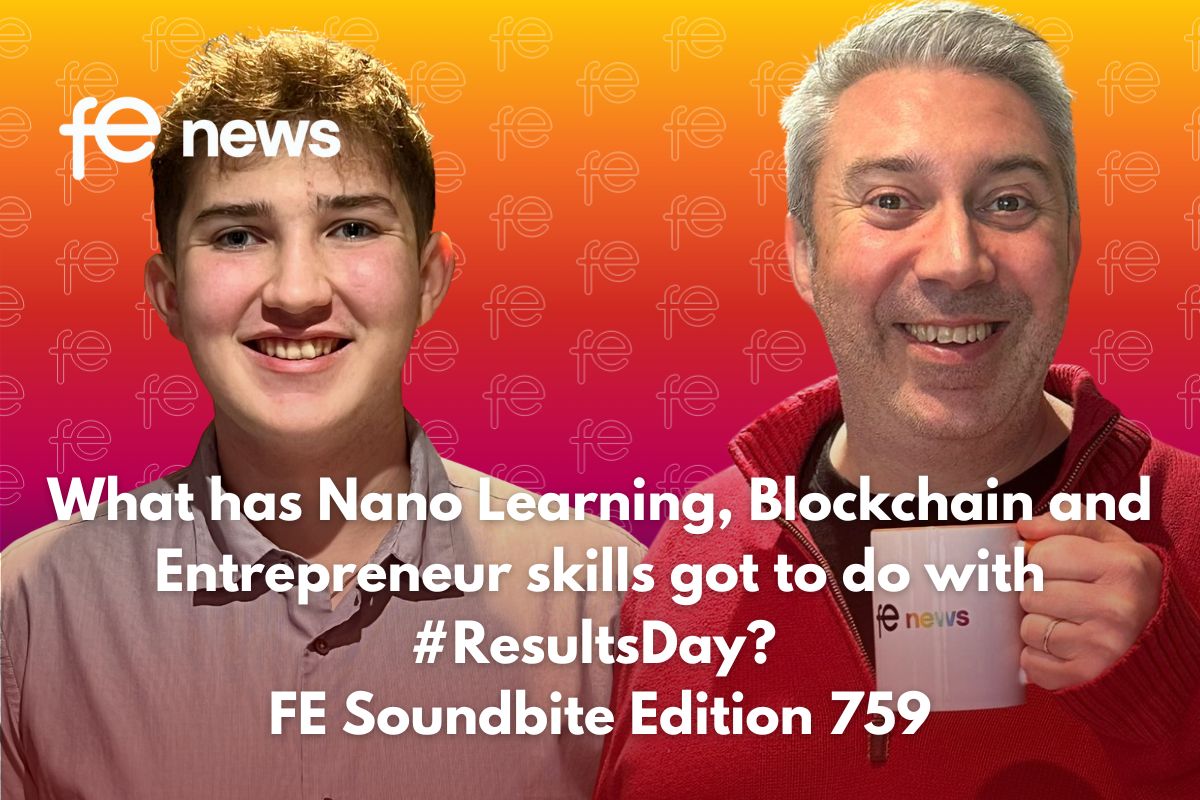Case Study – Getting hands-on with User Experience Design

Anna and Will share their views and experiences of an intense 12-week course in User Experience Design (UX) at the digital marketing school in London, RED Academy. Whether they took the course as an ‘alternative’ to the mainstream route of education, such as a degree, or as an option after further education, all three students provide insight into what a three-month course is really like…
In the UK, we’re currently seeing a lot of uncertainty around the digital skills crisis. Industry experts are concerned that the demand for digitally savvy employees is far outweighing the supply currently on offer. The need to better prepare students for future careers in an ever-evolving digital world has never been more important. While many students follow the more traditional route of spending three years in higher education, there are now a growing number of alternative routes offering credible learning experiences in a much shorter period of time. This offers the opportunity for intense and fast-paced learning, while ensuring that students finish feeling fully equipped to enter the working world; just in a quicker time-frame. Here, Will and Anna explain their reasons for choosing a course with this kind of structure, specifically looking at User Experience Design (UX), and describe what they have gained from their time at RED Academy in London.

Before signing up for the UX course, Will worked for a start-up company specialising in marketing and customer service and it was during this time that he realised that it was, in fact, actually the designing of the product that he was most interested in. In contrast, Anna took a different route, first studying economics at the University of Bristol, then exploring Service Design before finding the course in User Experience Design.
While both students came from different educational backgrounds, they share the common factor of being unsure of what their career paths might look like or which route to take in order to find their perfect career.
The practical element
One factor that really appealed to Anna in particular was the practical element of an intensive course. Comparing it to her previous experience of studying a degree, Anna found it to be a lot more hands-on and practically focused, allowing students to work on real projects with real clients.
Anna explains: “I’ll be honest, if I could redo everything I would have just gone straight to a course like this… my degree was in economics, which is the complete opposite to UX, it was extremely theoretical”.
Will also liked the practical element of the course, noting that it provides an opportunity to develop fundamental skills in a way that provides more value than simply reading a textbook and passing exams. Of course, for some industries, such as medicine, a theoretical approach is vital but for an industry that requires individuals to use key skills such as creative analysis and critical thinking, it’s arguably more useful for students to develop these skills in an environment that replicates the workplace.
One of the key aims of the UX course is to teach students in a practical manner by mimicking elements of a user experience design job. Through projects and client work, it reflects what students would be doing after they have completed the course.
Will explains: “it’s helping me with so many things from professional development with networking and creating connections for me to working with real-life clients which is so important and helpful too, it’s really great!”
Anna added to this, stating that: “it’s funny because when I talk about the course with my friends I always say ‘work’ not ‘school’. I really view the course as a three-month internship in a digital agency, especially now we’re mid-way through a real-client project, we contact the clients and the interviewees, so it just feels so similar to the real-world”
The opportunity to work in an environment similar to the real-life workplace also allows students to really explore their career options. Whether they are unsure of what career path they wish to take, or view the course as a building block to securing their ideal role, the practical element provides invaluable insight into the industry.
Beyond the skills: personal development
Will and Anna agree that the social aspect of a full-time course should be appealing for anyone considering this as an option.
For Anna, she found that: “The people on the course are very open minded, friendly and really love what they do, you can see it in every aspect of the course.”
Will also agrees: “I really feel like the community feel, it’s the biggest thing for me. The people are so welcoming and the instructors and everyone here are so knowledgeable.”
A student who signs up for a three-month course spends a significantly large amount of time in the same room with the same people. This can open up an opportunity for students to learn something about themselves. For example, during their time on the course, Personal Professional Development coaching is given to both students the opportunity to analyse their personalities and discover how they work best.
Through this experience, Anna stated that: “I recently discovered through the course that I’m actually quite introverted, which was a real surprise to me, but it pushed me towards doing more research into what this means. Essentially, it’s taught me that I work best when I can go out into the world and do things, but I also really like to have time to think about my work”.
Will also found that the course opened his eyes into the way he worked: “it’s taught me to be more proactive and to get out of my comfort zone. I think Facebook has a motto of ‘what would you do if you weren’t afraid’ and now I think I realise how important it is to challenge yourself”.
Whether the course acts as a way for students to discover their passion for digital marketing or as a building block for their career, all three students agreed that an intensive course may be far more compelling to employers.
Will highlighted that: “an education like RED is far more compelling to employees as you’ve dealt with more problems and been in more situations and worked out how to do deal with them compared to people who have studied and not applied their skills.”
An intense course can complement a degree allowing for additional knowledge to be gained or help with a total career flip. It’s flexible and it’s up to the student what they want to gain from it.
By Will and Anna, students of RED Academy










Responses